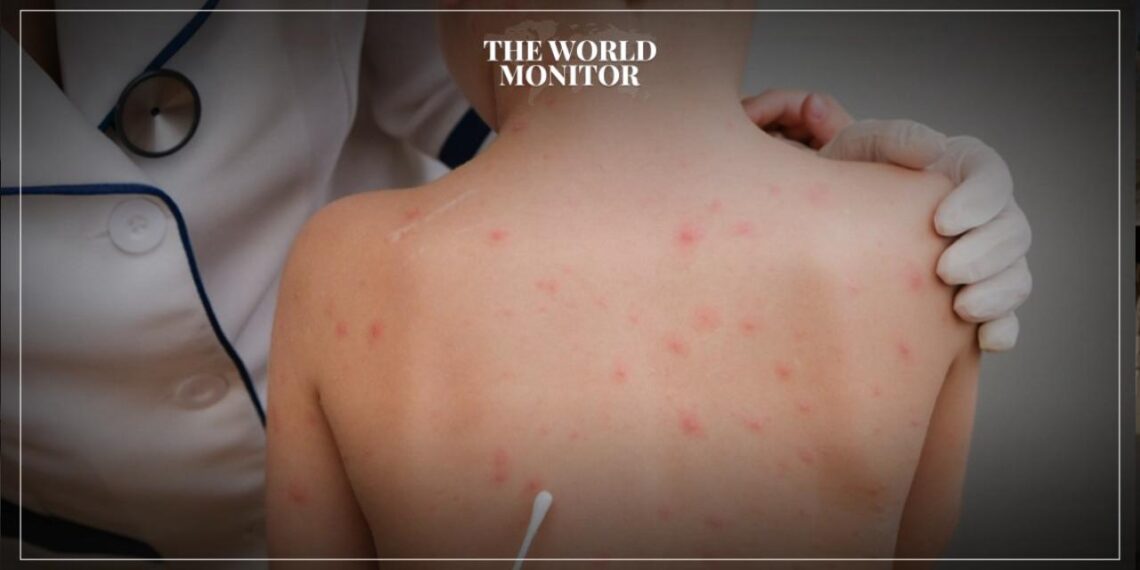Greek health authorities are on high alert for preventing monkeypox infection and ensuring early disease detection, as they unveil more vaccination sites for high-risk groups.
According to a report by Greece’s “Kathimerini” newspaper on Sunday, the Public Health Organization of Greece reassures the public that, despite the World Health Organization (WHO) declaring a global health emergency due to the virus’s spread in Africa, the current risk of transmission in Greece remains “low.”
The Democratic Republic of Congo requires 3.5 million doses of monkeypox vaccines to halt an outbreak that has infected over 15,600 people, according to Health Minister Roger Kampa.
In a press conference broadcasted by national television on Thursday, Minister Kampa stated that approximately 2.5 million people need to be vaccinated to control the virus, which has claimed about 550 lives since the beginning of the year.
Minister Kampa highlighted that a new strain of the disease, which can be transmitted through sexual contact and shows milder symptoms than previous strains, has led to an increase in cases.
The vaccines, some of which require multiple doses, will cost hundreds of millions of dollars.
“For this reason, it is crucial to call on the international community to take action and say let’s provide the assistance, let’s offer the resources so we can access these vaccines,” added Kampa.
Dr. Tedros Adhanom Ghebreyesus, Director-General of WHO, has declared monkeypox a Public Health Emergency of International Concern (PHEIC).
This decision comes in response to the sudden rise in monkeypox cases in the Democratic Republic of the Congo (DRC) and an increasing number of cases in several African countries. The declaration was made under the International Health Regulations (2005) (IHR).






